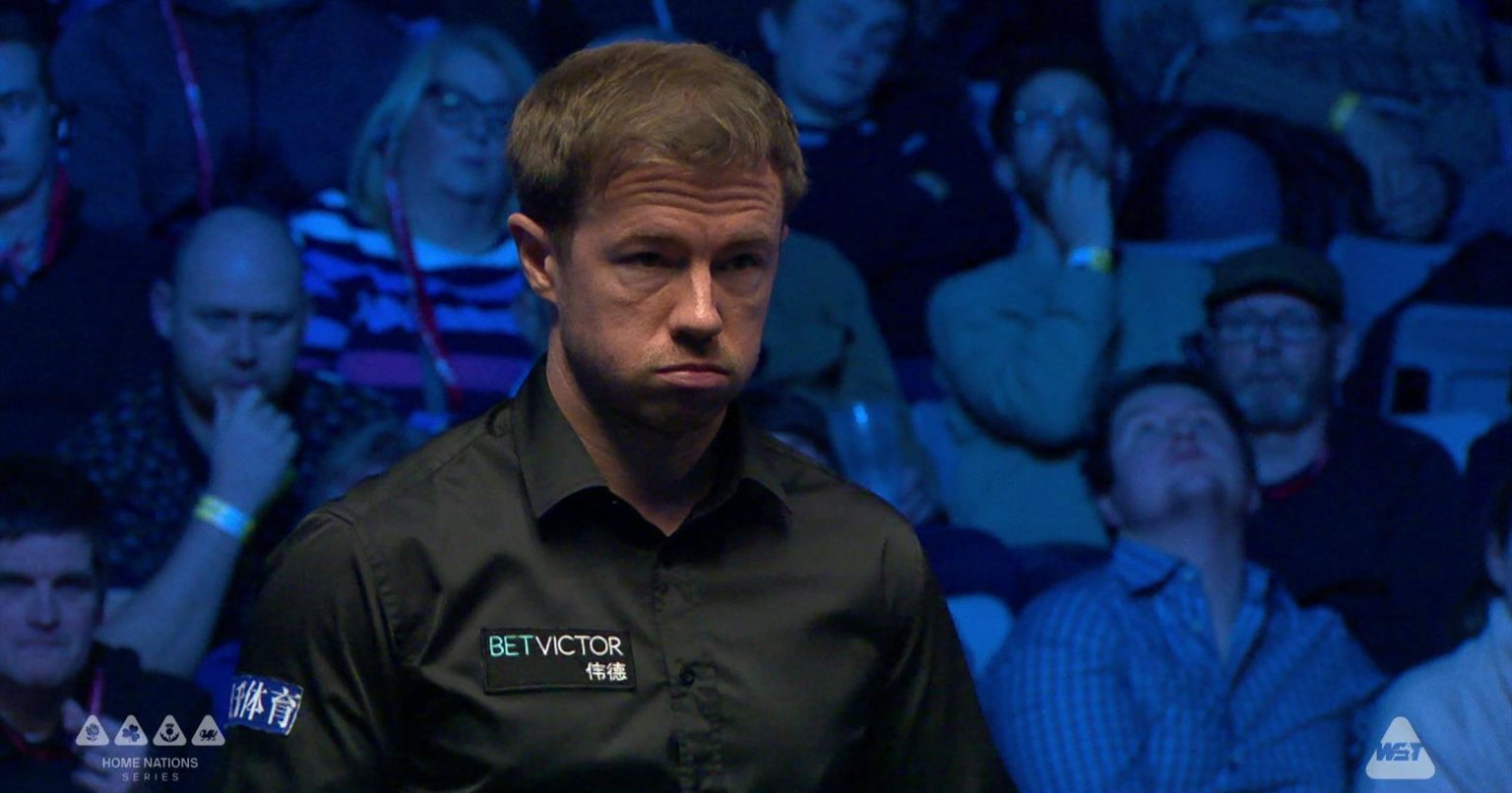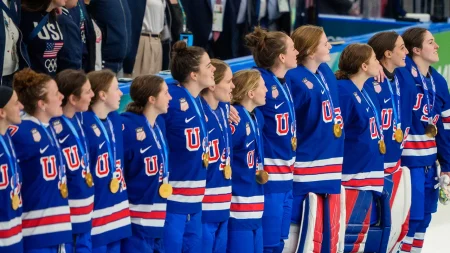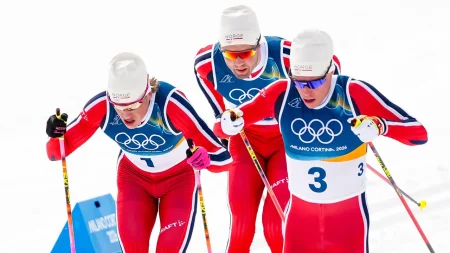The 2022 Scottish Open witnessed a dramatic and unexpected conclusion to the match between Jack Lisowski and Mark Allen, culminating in Lisowski’s concession in extraordinary circumstances. While the final scoreline reflected a dominant performance by Allen, the match unfolded with a complex narrative intertwined with sporting etiquette, tactical decisions, and ultimately, a controversial sportsmanlike gesture that sparked debate within the snooker community.
The match began with Allen swiftly establishing a commanding lead, capitalizing on Lisowski’s early errors and showcasing his superior break-building abilities. Allen’s aggressive potting and strategic safety play left Lisowski struggling to find any rhythm, and the frame scores quickly tilted in Allen’s favor. Lisowski, renowned for his flamboyant style and attacking prowess, found himself trapped in a defensive battle, unable to unleash his signature aggressive shots. As the match progressed, the point disparity widened, and the prospect of a Lisowski comeback seemed increasingly remote. Allen maintained his composure, efficiently clearing the table and extending his lead with each passing frame.
The pivotal moment of controversy arose in the latter stages of the match. With the score heavily skewed towards Allen, Lisowski found himself requiring snookers – a situation where a player needs their opponent to foul in order to gain points and potentially claw back the deficit. In a highly unusual turn of events, Lisowski, seemingly acknowledging the improbability of his comeback and perhaps wanting to avoid prolonging what appeared to be an inevitable defeat, offered Allen a free ball. This decision effectively handed Allen an additional point and further cemented his advantageous position. While the gesture was intended to be sportsmanlike, acknowledging the slim chances of a turnaround, it immediately sparked questions regarding its appropriateness within the context of a professional sporting contest.
The offering of the free ball essentially sealed Lisowski’s fate, effectively conceding the match before all frames had been played. While Allen graciously accepted the gesture, the unusual circumstances surrounding the concession left many observers perplexed. Some lauded Lisowski’s sportsmanship, interpreting the act as a recognition of Allen’s superior performance and an attempt to avoid unnecessarily prolonging a decided match. Others questioned the decision, arguing that Lisowski had a responsibility to compete until the very end, regardless of the scoreline. The argument centered on the professional nature of the sport and the expectation that players give their all, even in the face of seemingly insurmountable odds. Conceding in such a manner, some argued, undermined the competitive integrity of the match.
The debate surrounding Lisowski’s concession highlighted the complex interplay of sportsmanship and competitive drive in professional snooker. While respecting an opponent’s skill and acknowledging the reality of a losing position are valuable qualities, the expectation remains that players will fight until the final ball is potted. Lisowski’s decision, while seemingly well-intentioned, blurred the lines between graciousness and premature surrender, raising questions about the appropriate balance between sportsmanship and the obligation to compete fiercely. The incident served as a reminder that even within a sport renowned for its gentlemanly conduct, the pressures of competition and the desire to win can create challenging ethical dilemmas.
In the aftermath of the match, the snooker world remained divided on the appropriateness of Lisowski’s actions. While some praised his sportsmanship, others criticized the decision as a breach of professional etiquette. The incident sparked lively discussions across social media and within snooker circles, with opinions varying widely. The debate underscored the nuanced nature of sportsmanship and the sometimes conflicting demands of competition. Regardless of one’s perspective, the unconventional ending to the match between Lisowski and Allen undoubtedly left a lasting impression, adding another layer of complexity to the ongoing conversation surrounding etiquette and competitive spirit within professional snooker.















